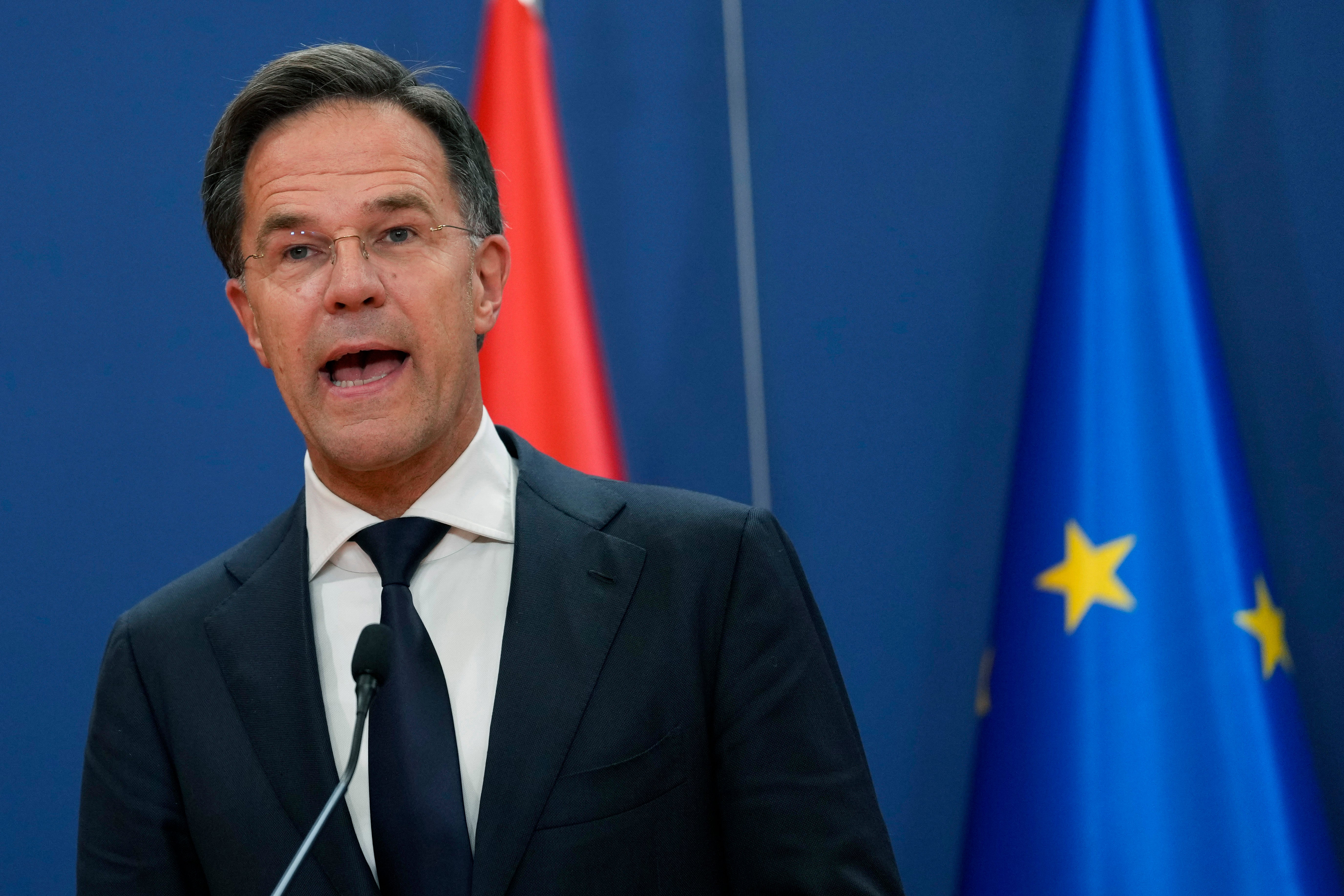Dutch caretaker government unveils budget plan to spend 2 billion per year extra to fight poverty
The caretaker Dutch government says it will spend an extra 2 billion euros ($2.1 billion) per year to tackle poverty

Your support helps us to tell the story
From reproductive rights to climate change to Big Tech, The Independent is on the ground when the story is developing. Whether it's investigating the financials of Elon Musk's pro-Trump PAC or producing our latest documentary, 'The A Word', which shines a light on the American women fighting for reproductive rights, we know how important it is to parse out the facts from the messaging.
At such a critical moment in US history, we need reporters on the ground. Your donation allows us to keep sending journalists to speak to both sides of the story.
The Independent is trusted by Americans across the entire political spectrum. And unlike many other quality news outlets, we choose not to lock Americans out of our reporting and analysis with paywalls. We believe quality journalism should be available to everyone, paid for by those who can afford it.
Your support makes all the difference.The caretaker Dutch government announced Tuesday that it will spend an extra 2 billion euros ($2.1 billion) per year to tackle poverty in this nation where the gap between rich and poor is shaping up as a major campaign theme ahead of a November general election.
The announcement came on Prince’s Day, when the monarch reads a speech outlining government plans for the coming year and the finance minister unveils the annual budget.
The policy plans were restrained because the governing coalition is in caretaker mode after quitting in July over the four parties' failure to agree on a package of measures to rein in migration. An election is scheduled for Nov. 22 and will be followed by possibly lengthy negotiations to form a new coalition.
Prime Minister Mark Rutte, the country's longest-serving premier, has said he will quit politics once a new coalition is formed.
While the Dutch economy remains healthy, many households on lower incomes have been hit hard inflation over the last year, fueling discontent in society. The extra expenditure will be covered in part by raising taxes on the wealthy as well as increasing taxes on tobacco and alcohol.
“It is appropriate, given its caretaker status, that the government show restraint,” said Finance Minister Sigrid Kaag. “We nevertheless have a responsibility to strive for a decent standard of living for all, now and in the future. We will do what has to be done until a new government takes office.”
Government expenditure is expected to exceed €430 billion over the next year while revenue will be more than €402 billion. The country is expected to have a budget deficit of 2.9% of gross domestic product in 2024 while national debt will be 47.3% of GDP, the government said.
Anti-immigration lawmaker Geert Wilders, who leads the largest opposition party in the Dutch parliament's lower house, said he was disappointed in the budget.
“The Cabinet is spending more than 7 billion euros on asylum and immigration next year and only 2 billion on spending power of Dutch people. That is the world turned upside down,” Wilders' party said in a statement.
The election could see a major shift in the splintered Dutch political landscape, with two new populist parties polling strongly and a unified center-left alliance also projected to gain seats.